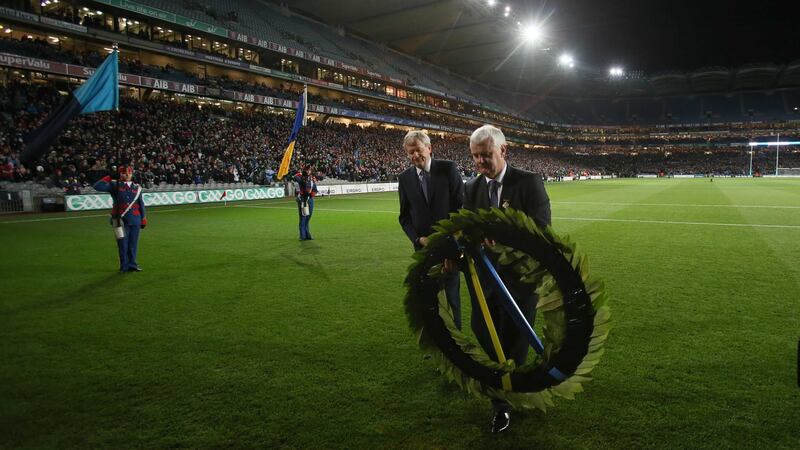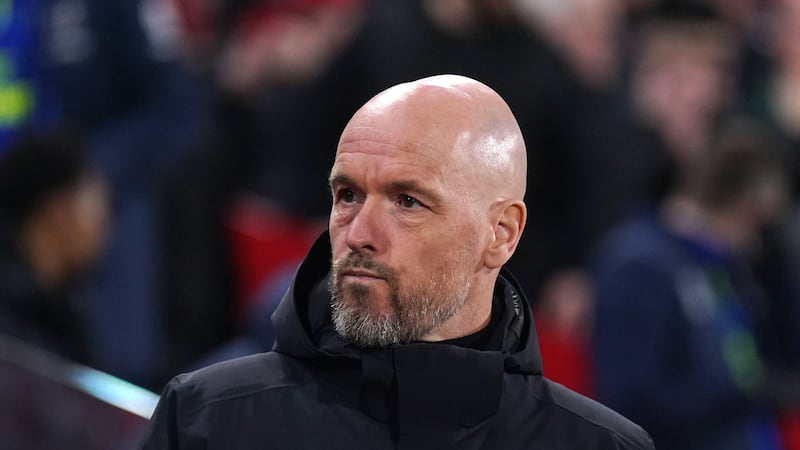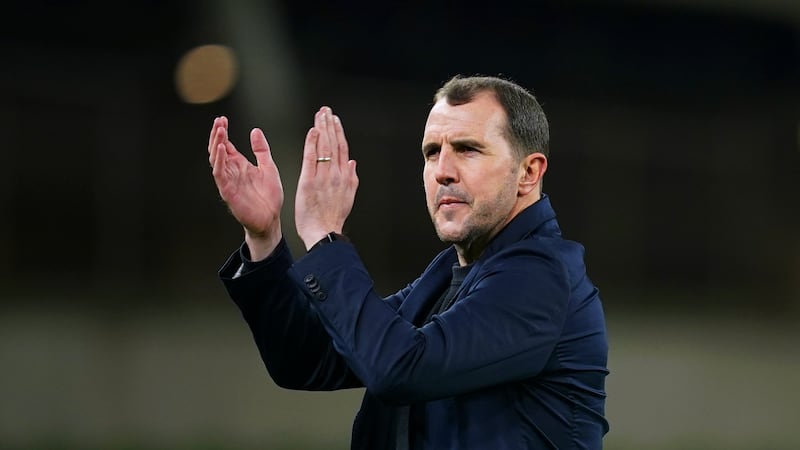THE French writer Voltaire sardonically said of the Holy Roman Empire that it was "neither Holy, nor Roman, nor an Empire".
It would be harsh in the extreme to suggest the GAA was 'neither Gaelic, nor Athletic, nor an Association' (indeed critics of the increasing athleticism of players might do well to look back to that middle element of the name). However, it's not too difficult to draw parallels with the infighting, competing power bases, conflicting interests and complicated ties of loyalty in both the Roman empire and the GAA. Trying to understand the complex relationships within both is equally tricky.
It's the 'Association' aspect of the GAA that seems most questionable at the moment, defining that as a 'group organised for joint purpose' or the idea of 'fellowship'.
Recently, there has been a bewildering array of proposals for change: changes to the GAA calendar, competitions, Championship formats and even the playing rules. Yet, they all boil down to this: 'club v county' is the major divisive issue.
It's difficult to decide who is the GAA equivalent of the Holy Roman emperor - Aogán Ó Fearghail is the president, but that's only a three-year term. Director-general Páraic Duffy, like his quietly influential direct predecessor Liam Mulvihill, is the more permanent power behind the throne, but he and the president seem to work closely together. Both have made clear their desire is to shift the balance significantly back towards the club scene.
They have to work with the GAA equivalent of the Holy Roman emperor's electors, the provincial councils. Provincial councils do not want to change their competitions, particularly Ulster with football and Munster with hurling, not in any way that would reduce their income and influence.
However in contrast to this approach, elite players want more inter-county matches, with the GPA's survey reporting back that 31 of the 32 county panels have backed their proposals. Those include moving the provincial championships earlier in the year and compressing them, with the winners no longer going straight into All-Ireland quarter-finals but merely being top seeds in groups of eight.
Yet, it seems that much of the rest of the GAA wants fewer inter-county games or, certainly, they don't want any more. Rather, they want more time and space freed up for the club scene.
The GPA's proposals do endeavour to create 'club weekends', with county men's availability agreed in managers' charters. Despite some public perception to the contrary, it's simply untrue to categorise the bulk of the GPA's membership as 'anti-club'. Most GAA inter-county players still very much remember where they came from and have pride in their place.
The difficulty comes from the various pulls on their loyalty. Players have ties to several levels of the hierarchical structure. Unlike the Holy Roman Empire, there's much more mobility in the GAA - everyone starts out as a club player, but the better ones move on to county and the best play for their province and, occasionally, country.
County players are the lords, the counts, the dukes, the margraves, the princes, some even kings. They have demands and responsibilities from above and below. Yet, the GAA twist is revolutionary, in the form of player power, most recently in Mayo football and Galway hurling.
It's quite right that players are no longer treated as serfs, tied to the land that they were born on, forced to obey their supposed superiors' orders and whims. Many feel they have too much power now, though. The GAA - or perhaps the GPA - appears to have been following the example of Irish rugby, whereby once players reach a certain level, a higher standard, they rarely participate below that again.
It's true the club is still a badge of honour for most GAA players, even those involved with county teams, but in rugby it has become a badge of convenience, a meaningless label. The affiliation to one club or another is only a piece of paperwork; province is all that really matters. That's definitely not true in the GAA. Club definitely still matters - the problem is finding the time to fit it in.
Just because players progress up a ladder doesn't mean they should never (or only infrequently) come back down it again, or not until they're deemed too old or surplus to requirements on the inter-county stage.
There's a Catch-22 for clubs - they want their players to improve, but if they improve too much they may rarely see them. Finding more time for clubs also means finding the right time.
It would have been brilliant if more people had been present at the Athletic Grounds last Sunday to witness the Ulster Club Senior Football final between Crossmaglen and Scotstown (not least because a more packed stand might have prevented rain being blown onto my notebook and match programme). The bitterly cold and wet weather probably put off many potential spectators. Of course, we can get days like that in July (if not quite so cold then).
However, GAA chiefs - led by 'D-G' Duffy - want the club championships to be compressed into the calendar year, rather than having the All-Ireland series in the first quarter of the new year. That would increase the likelihood of the finals being played in bad-to-awful weather conditions, which hardly indicates an elevation of status for the club game.
In fairness, the task for administrators seems like trying to piece together a coherent picture from several different jigsaw puzzles. If one were asked about trying to find a way forward, the reply might be the classic response, 'Well, I wouldn't start from here…'
The GAA has a long time to go to last as long as the Holy Roman Empire did before it broke up two centuries ago. Yet the idea that altering one, two or even three elements will bring the whole edifice tumbling down is ludicrous.
Even though most proposals for change are greeted by doom and gloom predictions of disaster - remember the outcry from some that the black card would ruin football?! - the GAA adapts. And the GAA will survive.
The question is how strong the club and county scenes will be respectively in the near future.








